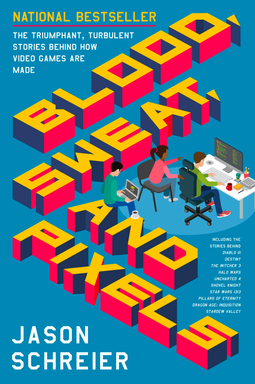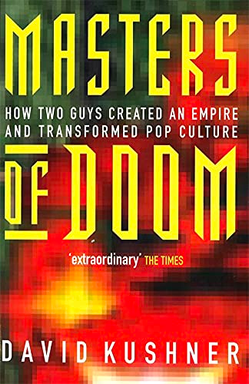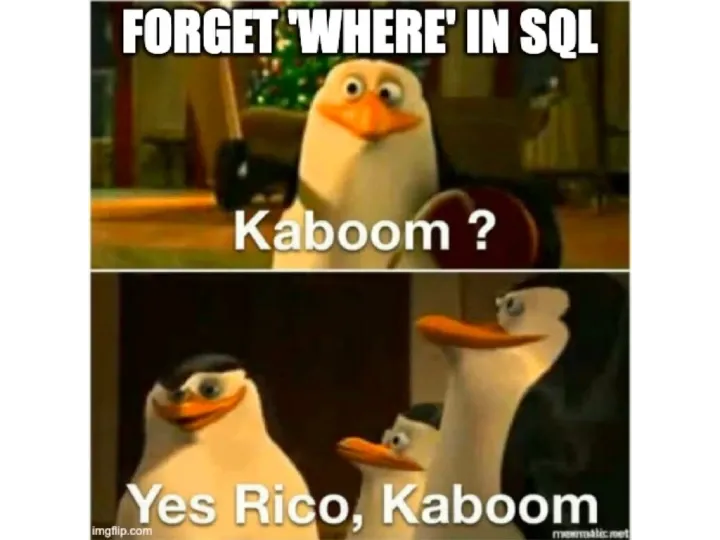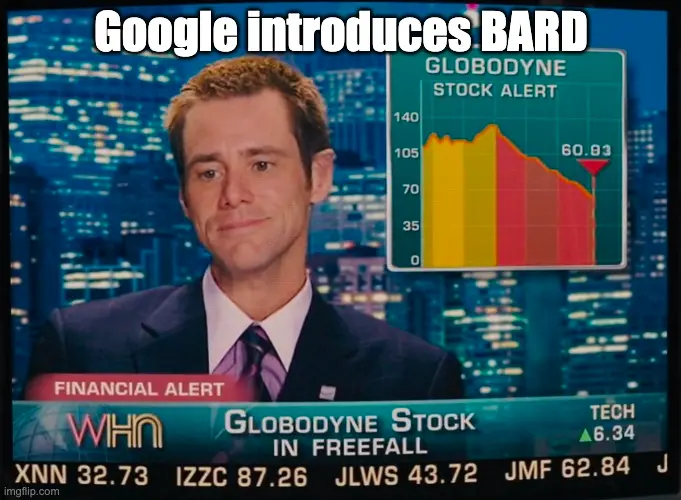
My reason for being in the software industry has always been games; from an early age, I played games on my XT-PC, Gameboy, 386 DX, Pentium (Cyrix), Voodoo 3d card and later consoles (Playstation). I dreamed of working at a game studio or in Silicon Valley.
“life is what happens to you while you're busy making other plans”, so the only game I could develop was a mid-90s Tetris clone (in SVGA, mind you! 😉 ) at the age of 16. After studying computer science, my software was exclusively for the finance industry, telecom and e-commerce. A far stretch from games & entertainment.
When a colleague reminded me that there are a few fun books written about how games are developed and the less-than-optimal working conditions. These two books describe how some of the all-time great games (Unchartered / The Last of Us / Doom) were developed and what the challenges the teams were facing. I was happy to learn what I missed out on and enjoyed reading about some of my favourite games from a safe distance.
Jason Schreier - Blood Sweat & Pixels (2017

"Blood, Sweat & Pixels" is a captivating non-fiction book by Jason Schreier, an acclaimed journalist and video game industry insider. The book takes readers on a behind-the-scenes journey, providing an intimate and eye-opening look into the challenging development process of several popular video games. Schreier explores the untold stories, and the immense efforts poured into the creation of titles such as "The Witcher 3," "Destiny," and "Uncharted 4," shedding light on the trials, tribulations, and triumphs experienced by the dedicated teams involved. With an engaging narrative style and deep research, Schreier offers readers an intimate understanding of the gaming industry, its creative challenges, and the human stories behind the pixels.
"Blood, Sweat & Pixels" garnered significant praise from the press and the public. The book received widespread acclaim for its revealing and insightful portrayal of the video game development process. Schreier's well-researched and balanced approach, combined with his engaging storytelling, captivated readers and get them a newfound appreciation for the complexities and hardships game developers face. The book was particularly praised for humanizing the industry and shedding light on the often-unseen struggles and sacrifices made by the creative teams. Overall, "Blood, Sweat & Pixels" was recognized as a must-read for gaming enthusiasts and those interested in the behind-the-scenes aspects of the entertainment industry.
David Kushner - Masters of Doom (2003)
"Masters of Doom" delves into the captivating story of the iconic video game developers John Carmack and John Romero and their revolutionary creation, "Doom." The book provides an in-depth exploration of the duo's lives, from their early years to their groundbreaking work at id Software. Kushner skillfully chronicles the rise of these two influential figures, their intense creative partnership, and the profound impact they had on the gaming industry. With vivid storytelling and meticulous research, Kushner captures the spirit of the times, the passion of the developers, and the cultural significance of "Doom," which became a milestone in video game history.

"Master of Doom" was lauded for its narrative that brought to life the personalities of Carmack and Romero, as well as the dynamics within the gaming industry during that era. Kushner's immersive storytelling drew readers into the world of these visionary game designers. Readers experience a deeper understanding of the groundbreaking work that led to the creation of "Doom".
Conclusion
While having experienced my fair bit of crunchtime overwork outside the games industry, I guess I’ve dodged that bullet while still my number-of-games-developed is at a cool ONE: 26 years ago 😛
(perhaps I should fire up my IDE and have another stab at developing a game).





